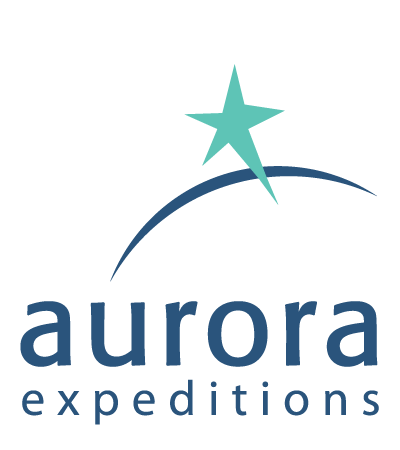

Aurora Expeditions

January 2024
Travel agency & related
Service with Minor Environmental Footprint
Argentina,
Australia,
Canada,
Chile,
Costa Rica,
Iceland,
Ireland,
Norway,
Panama,
United Kingdom,
United States
Aurora Expeditions is an award-winning, Australian-owned expedition company pioneering experiential travel for over three decades. Aurora is deeply committed to environmentally respectful travel to preserve the beauty and majesty that mother nature possesses, and we take real actions for the care of the planet. Founded on the guiding principles of adventure and endless exploration, the small ship experience is immersive, intimate and friendly. Aurora Expeditions takes travellers on perspective-altering experiences to some of the planet’s most remote and incredible places, including Antarctica, the regions of the Arctic, the British Isles, Costa Rica, Patagonia and more.
Overall B Impact Score
Governance 20.2
Governance evaluates a company's overall mission, engagement around its social/environmental impact, ethics, and transparency. This section also evaluates the ability of a company to protect their mission and formally consider stakeholders in decision making through their corporate structure (e.g. benefit corporation) or corporate governing documents.
What is this? A company with an Impact Business Model is intentionally designed to create a specific positive outcome for one of its stakeholders - such as workers, community, environment, or customers.
Workers 30.7
Workers evaluates a company’s contributions to its employees’ financial security, health & safety, wellness, career development, and engagement & satisfaction. In addition, this section recognizes business models designed to benefit workers, such as companies that are at least 40% owned by non-executive employees and those that have workforce development programs to support individuals with barriers to employment.
Community 21.3
Community evaluates a company’s engagement with and impact on the communities in which it operates, hires from, and sources from. Topics include diversity, equity & inclusion, economic impact, civic engagement, charitable giving, and supply chain management. In addition, this section recognizes business models that are designed to address specific community-oriented problems, such as poverty alleviation through fair trade sourcing or distribution via microenterprises, producer cooperative models, locally focused economic development, and formal charitable giving commitments.
Environment 11.7
Environment evaluates a company’s overall environmental management practices as well as its impact on the air, climate, water, land, and biodiversity. This includes the direct impact of a company’s operations and, when applicable its supply chain and distribution channels. This section also recognizes companies with environmentally innovative production processes and those that sell products or services that have a positive environmental impact. Some examples might include products and services that create renewable energy, reduce consumption or waste, conserve land or wildlife, provide less toxic alternatives to the market, or educate people about environmental problems.
Customers 3.4
Customers evaluates a company’s stewardship of its customers through the quality of its products and services, ethical marketing, data privacy and security, and feedback channels. In addition, this section recognizes products or services that are designed to address a particular social problem for or through its customers, such as health or educational products, arts & media products, serving underserved customers/clients, and services that improve the social impact of other businesses or organizations.